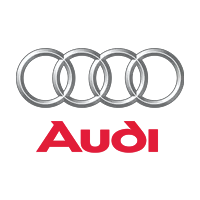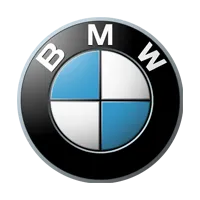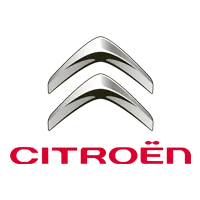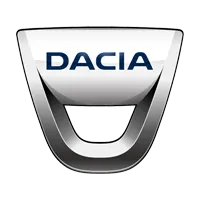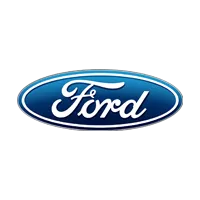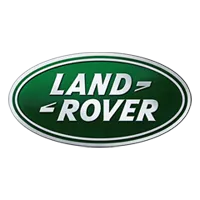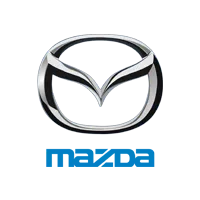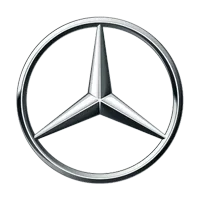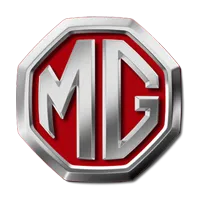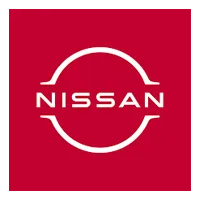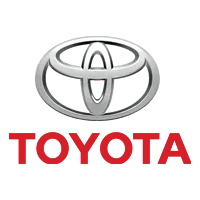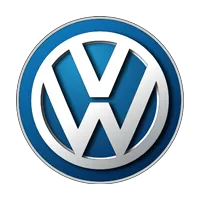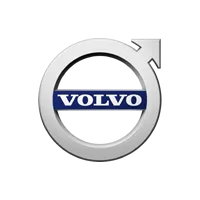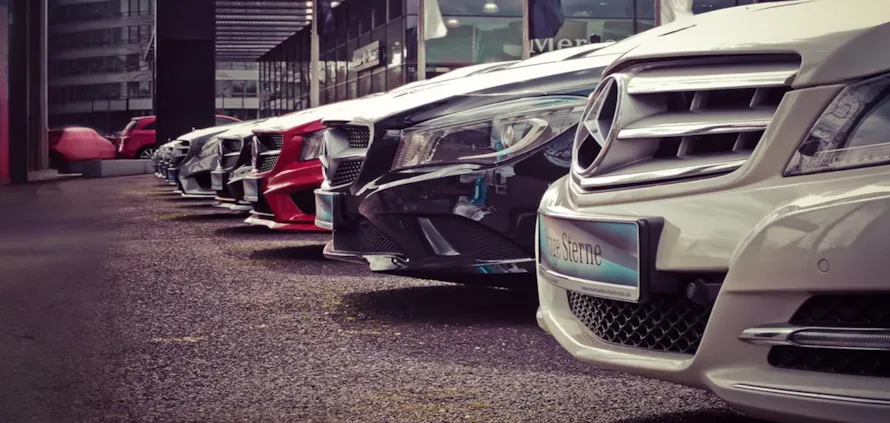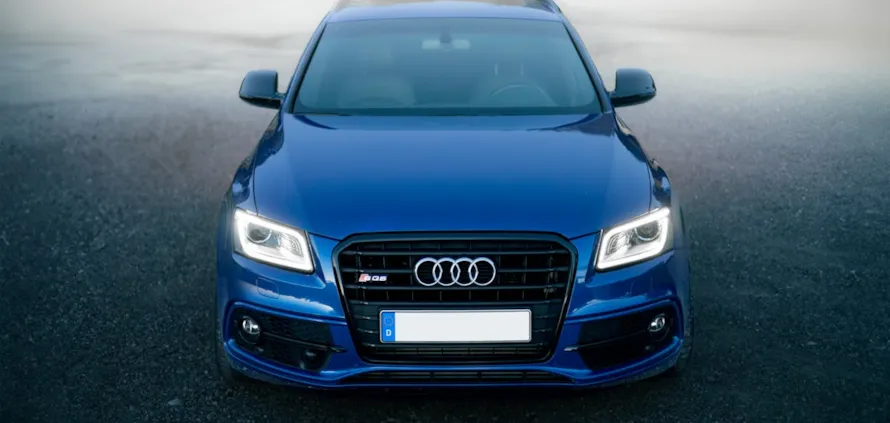This website uses cookies
Should I Buy A Diesel Or Petrol Car?
Dec 06, 2024
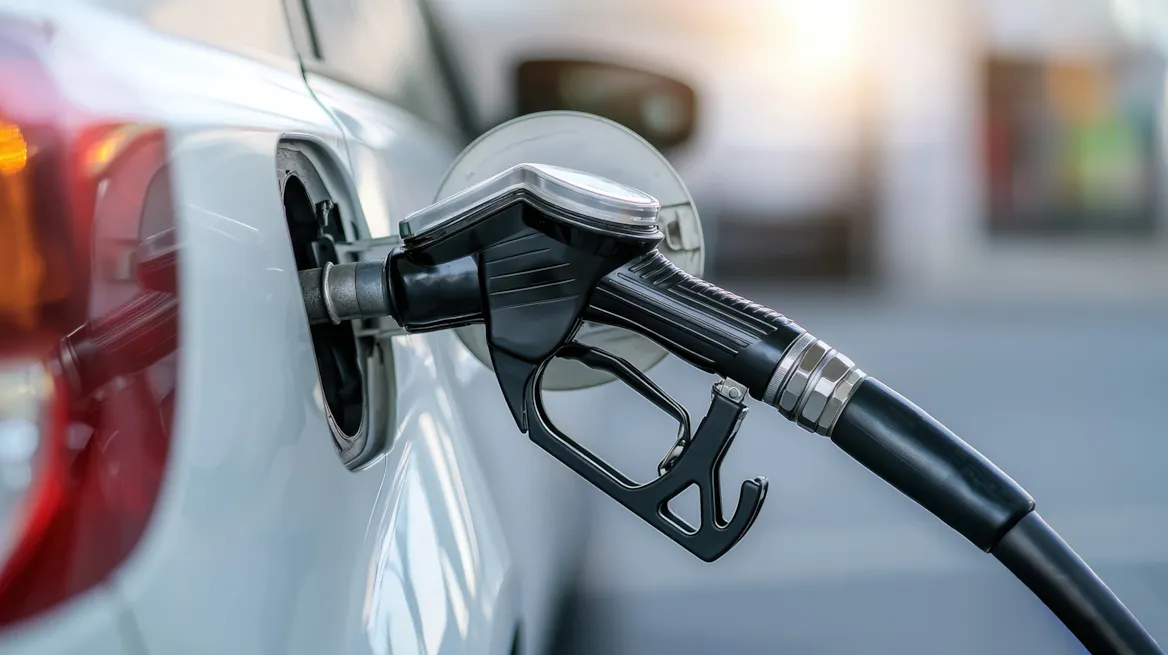
Long has the debate gone on; petrol or diesel; which is the better choice?
However, despite the looming 2035 ban on the sale of new petrol and diesel cars, the car market is far from dead and a diesel car is often a practical choice for some drivers.
One day, we may all be driving electric cars or even hydrogen cars, but as it stands, there is still life in the classic combustion engine.
What Are The Differences Between Petrol and Diesel Cars?
There are various key differences between petrol and diesel cars, ranging from ownership, and driving experience to costs involved.
Purchase Price
Diesel cars are typically more expensive than petrol cars.
The higher purchase price is due to various factors. Diesel cars have larger engines, they ignite fuel using compression rather than a spark plug. They also have additional parts such as diesel particulate filters and AdBlue.
Running Costs
The cost of running a vehicle will depend on a few factors.
Insurance on diesel cars is roughly equal to that on petrol cars. You may find that insurance on a diesel car is a little higher, purely down to higher repair costs.
Again, diesel cars have more systems when it comes to servicing, which can add to servicing costs.
Fuel costs are where diesel cars can come out top. High-mileage drivers will benefit from the improved fuel efficiency, making up for any differences in fuel prices.
Finally, when it comes to emissions and taxes, older diesel cars will be more polluting, yet modern diesel cars will need AdBlue periodically, which reduces harmful Nitrogen oxide emissions created by the vehicle. This is why modern diesels are considered relatively cleaner than petrol cars.
Diesel cars emit fewer CO2 emissions, which is partly why they used to have slightly lower car tax than petrol cars. Yet, Low-emission zones such as London's ULEZ are tougher on diesel vehicles.
Driving and Performance
When it comes to driving and performance, petrol and diesel cars do have some differences.
Petrol cars are sometimes named as the smoother drive with a sharper response and better revs, whilst diesel cars have more torque, making for a more relaxing drive.
However, with the introduction of modern turbo-power, petrol cars have the low-down oomph they used to lack, and diesel cars respond much like petrol cars! The days of loud tractor-like diesels are long gone also.
It does still stand that diesel cars, with plentiful torque, can be better on motorways. They can also return a better MPG. If you often frequent rural A and B roads, this will better suit a peppier petrol engine.
What Are The Pros and Cons of Petrol Cars?
Pros
- Typically cheaper to buy
- Do not have a Diesel Particulate Filter that can block with lots of short journeys
- Potentially lower servicing costs
- Cheaper fuel
Cons
- Higher fuel consumption
- Higher CO2 emissions
- Less suitable for towing
What Are The Pros and Cons of A Diesel Car?
Pros
- Better fuel efficiency
- Longer fuel range
- Good for motorway driving
- Lower CO2 emissions
- Great for towing
Cons
- Typically more expensive to buy
- Can be more expensive to service
- Older models may be charged in low-emission zones
- Lots of short journeys can lead to a clogged diesel particulate filter
What Is The Future of Diesel?
The UK government has just pushed back the ban on petrol and diesel cars from the original 2030 date to 2035.
Once we reach 2035, only zero-exhaust-emission vehicles will be allowed to be sold new. Petrol and diesel cars will be banned from new-car showrooms.
This will only apply to new cars, and there is no indication of second-hand petrol and diesel cars being banned or restricted in any way. Yet, new emissions zones may be brought in across the country.
Are Electric Cars The Future?
At the moment, this is a tricky question to answer! Electric cars truly do have their benefits, however, there are some variables to consider. Think about your budget, annual mileage and typical daily journeys.
Electric cars are best suited to those who can have a charging point at home, as recharging your vehicle on a domestic tariff can offer huge savings compared to the public charging network.
With each generation of electric cars, we also see better ranges and charging speeds, making them more practical. Yet of course, a full charge will take longer than filling up a petrol or diesel tank.
We are also on the brink of the introduction of hydrogen fuel cell cars. These cars will emit nothing but water from the tailpipe and have the potential to revolutionise the car market. You’ll be able to refill the tank from a pump and enjoy zero-emission journeys. Whilst Toyota, Honda and other brands are racing to produce a hydrogen fuel cell car that can be brought to the public market, this still seems a little way off yet.
Petrol Vs Diesel: The Verdict
There isn’t a definitive verdict in the petrol vs diesel argument. It all depends on your personal preferences and how you use your vehicle. However, here at Stebbings Car Supermarket, we hope that the above information has helped you to make an informed decision on your next purchase. Take a look through the criteria, and carefully consider which will suit your needs and requirements.
We stock over 500 approved used cars and have a knowledgeable team who’ll be more than happy to talk you through each to find your perfect vehicle. We’re a family-run dealership and with 40 years of experience, we trade with uncompromising core values that fair dealing and first-rate customer service are vitally important, making us one of the most respected Car Supermarkets in the UK.
Browse our stock online, or speak to our team today.
Featured Articles
Tags
Archives
Select Month
You may also like
should-i-buy-a-diesel-or-petrol-car Should I Buy A Diesel Or Petrol Car? the-stebbings-difference-how-we-make-buying-a-used-car-easy




